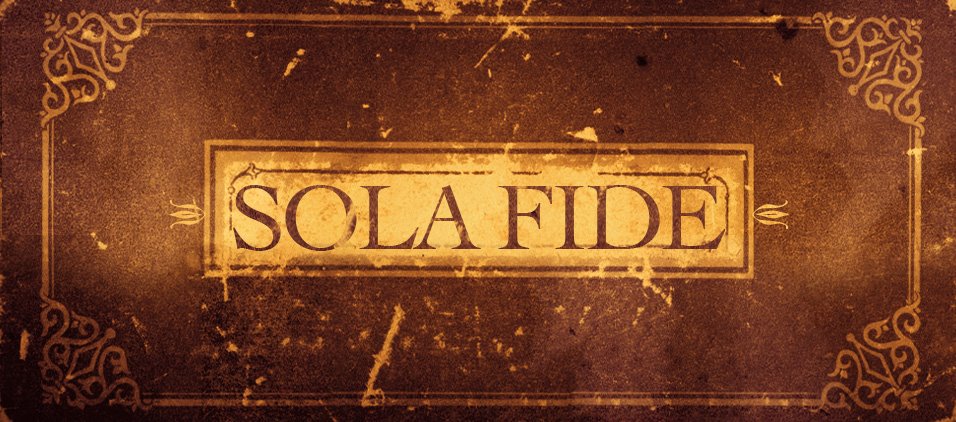Note: This has been re-posted in honor of Rod Dreher and the Feast of St. Benedict.
In an atrocious display of terror and depravity, Coptic churches were bombed in Egypt. An explosion in Tanta killed 27 attenders at St. George’s Coptic Church, and a second explosion killed 17 in Alexandria at St. Mark’s Coptic Church. The Egyptian government announced three days of mourning, and we should mourn with them.
In Luke 13:3, Jesus had just received word that Herod had butchered Jews in the temple. That act of terror was eerily similar to what was experienced today in Egypt. People not deserving to be butchered like animals were indiscriminately murdered in a place of worship. Jesus’ response to hearing about the tragedy no doubt shocked the crowd, still reeling over the loss of life and drowning in a tidal wave of justifiable compassion. Their blood had not yet dried, nor their bodies cooled. Jesus’ response was, “Repent, lest ye likewise perish.” Jesus lived by the example given as exhortation in 2 Timothy 4:2, preaching both in season and out of season (or as more fluid translations render it, both when it is convenient and inconvenient).
An article like this one is bound to receive criticism for insensitive timing. We simply refer to the example of Jesus Himself, a sympathizing High Priest, who didn’t put truth in time out through an extended moment of silence.
Who are the Coptic “Christians?”
Until the murder of 21 Egyptians in February of 2015, the International Mission Board (IMB) of the Southern Baptist Convention listed the Coptic Christians as an “unreached people group” in need of Evangelism. After that event, in Southern Baptist leaders were publicly mourning the death of our “brothers and sisters,” and after Pulpit & Pen linked those articles at the IMB accordingly, the organization scrubbed all references and deleted all articles relating to Coptic Christians and their status as spiritually lost (link).
Whether or not you believe the Coptic believers are Christians depends on what you believe the true Gospel is and how you believe one is justified before God. If you believe that being a Christian is not a matter of ethnic or cultural affiliation and hold that one isn’t a Christian unless they’re justified, then in the most simple of terms, Coptic believers are not Christians for the exact same reason Protestants don’t believe Catholics are Christians. Coptic believers do not hold to the authentic Sola Fide Gospel of Jesus, and if they die while still holding to a salvation of merit, they will die in their trespasses and sins, and receive the due penalty thereof.
This may sound harsh, but this position is the position of historic Protestantism (and we believe orthodox Christianity).
As we explained in The Great Evangelical Copt-Out in 2015, the Greek Orthodox Church (of which, the Coptic believers in Egypt are a part) teaches that salvation is not found by faith alone through grace alone. Asking whether or not Coptic believers can be saved by the Gospel of the Protestants, the Coptic Orthodox Archdiocese of the Southern United States (chosen as representative of official Coptic belief because it is in English), the website states…
Believing in our Lord Jesus Christ is just the very first step towards salvation. The dogma and the sacraments are not a formula but are the means by which we have a life with the Lord. There are some sacraments that are essential for Salvation. Baptism, which is considered by the Protestants to be just a sign of accepting the faith, is essential. The Lord Christ said it clearly, “He who believes and is baptized will be saved” (Mk 16:16). Baptism here is not to be a sign but the threshold to a new life without which one cannot enter the kingdom of God; as our Lord explained to Nicodemus “Most assuredly, I say to you, unless one is born again, he cannot see the kingdom of God” (John 3:3). Eucharist, repentance and Chrismation are also necessary (link).
The Coptic believers hold to a salvation in which faith in Christ is just the “first step towards salvation, holding that sacraments are necessary to salvation, including the Eucharist and “Chrismation” (being anointed with special oil, a unique superstition of the Greek Orthodox faith.
They also provide a question on their official website, asking what is necessary to go to Heaven. This is their response…
All seven church sacraments are essential. We touch all of them on our path to heaven through the church.
- Baptism (the gate of the path of salvation)
- Chrismation (anointing of the holy Myron Oil—oil which includes remnants of the spices laid upon the body of our Lord Jesus when He was in the tomb)
- Confession (with repentance)
- Holy Eucharist (Communion)
- Unction of the Sick
- Holy Matrimony (no one is obliged to marry, but without holy matrimony, the next generation would be alienated from the church)
- Priesthood (without the priesthood, none of the other sacraments could be administered)
It is clear that the official doctrine of the Coptic Orthodox Church is a different gospel, a works-based gospel, the type of gospel condemned by Paul in his epistle to the Galatians when he wrote, “But even if we or an angel from heaven should preach to you a gospel contrary to the one we preached to you, let him be accursed. As we have said before, so now I say again: If anyone is preaching to you a gospel contrary to the one you received, let him be accursed.” (Galatians 1:8-9)
This article on the salvation of the thief on the cross, written by Shenouda III, 117th Pope of the Coptic Orthodox Church, expressly to refute the Protestant confession that justification is by grace alone through faith alone in Christ alone, is another example of the differences between the Protestant and Coptic understandings of the gospel. In the introductory paragraph, we read:
”Protestants, in their attempt to emphasize that salvation is not dependent on human achievements, say that good works play no role in our salvation, and to stress the point that salvation is not due to human merit, say that evil works will not affect the salvation of a believer! Thus, their views regarding salvation turned into a heresy that needed to be refuted.
We want to be clear that, in pointing out the gospel differences between historic Protestantism and the Coptic Orthodox Church, we do not wish to minimize the deaths of these Egyptians nor the guilt of their murderers. But we strongly believe that we must maintain Gospel clarity, as well.
A significant portion of evangelicals are increasingly under the impression that the Greek Orthodox are to be considered Christians. Southern Baptist Theological Seminary and its president, Albert Mohler, recently had a Greek Orthodox lecturer, Rod Dreher, promote Monasticism in his book, The Benedict Option, at the Louisville campus. The Southwestern Baptist Theological Seminary recently promoted a debate they’re hosting in which the “Christian” side is performed by a Greek Orthodox believer. Daniel Akin, president at Southeastern Baptist Theological Seminary and Bart Barber (who is speaking at this year’s SBC pastor’s conference) both made tweets today assuming the Christianity of the Greek Orthodox believers martyred in Egypt.
There is simply no possible way to affirm the Christianity of the Greek Orthodox who hold to Greek Orthodox doctrine. Salvation is found in faith alone. There is no such thing as justification by martyrdom.
Please pray for the victims of this terrible tragedy. Pray that justice will be done to the perpetrators, and whatever degree of peace might be possible come to the victims’ families. We don’t have to consider the Copts brothers in Christ in order to mourn with them and for them, as we well should.
May the Gospel come to them. And might they be saved.










